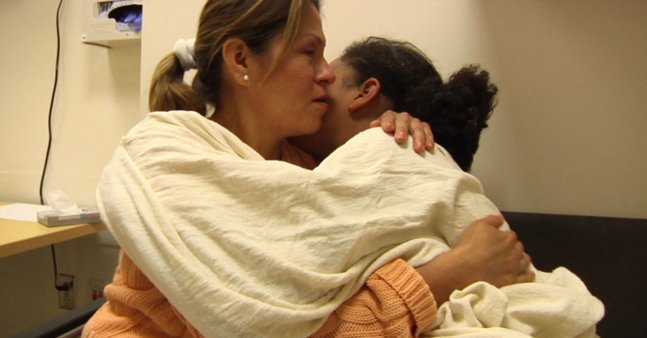By Mark Saldana
Rating: 4 (Out of 4 Stars)
The issue of mental healthcare has been a heated and controversial subject of discussion for the past couple of decades, with a rise of public shootings and other types of homeland terrorism in the United States. It even has become a rather contentious issue in the Austin, Travis County area, as mental illness has led to a rise in homelessness and public camping. Director Kenneth Paul Rosenberg, a mental healthcare professional, offers an informative and astute look at the mental healthcare crisis with his compelling documentary Bedlam. Rosenberg utilizes both his professional experience and his personal insight to present an intelligent and somewhat emotional portrait of the crisis and uses it as a call for reform and change.
This mostly well put together film flashes back between modern day problems and the history of Western mental healthcare to show exactly how the profession has evolved, devolved, and nearly become a cyclical exercise in futility. Though the treatment of mental health disorders have improved since the beginning and medical science has gained a better understanding of various mental illnesses, the system has stagnated since the late 20th Century. The result has been a tug of war of sorts between various strategies by the differing opinions of politicians, leaders, and medical professionals who all cannot seem to get on the same page.
Rosenberg also presents different facets of mental healthcare by profiling an assortment of doctors and patients struggling to find the right medications and strategies for treating mental illnesses. As someone who works in healthcare, I found Rosenberg’s documentary to be both educational and affecting. Rosenberg hits most of the right emotional beats in presenting the heartbreaking stories of real people struggling with mental illness. The portrait are mostly well-rounded, as the audience gets to witness these people at their worst and best, and these differences are almost always strikingly antithetical.
This is a documentary I must highly recommend mostly to people not involved in mental healthcare or have limited to no experience with mental healthcare. Most healthcare professionals probably won’t learn any thing that they don’t already know, however. I feel it is also an imperative film for politicians and leaders to see in order to galvanize some much needed change and reform because nothing has improved in such a long time and things can only get worse.
